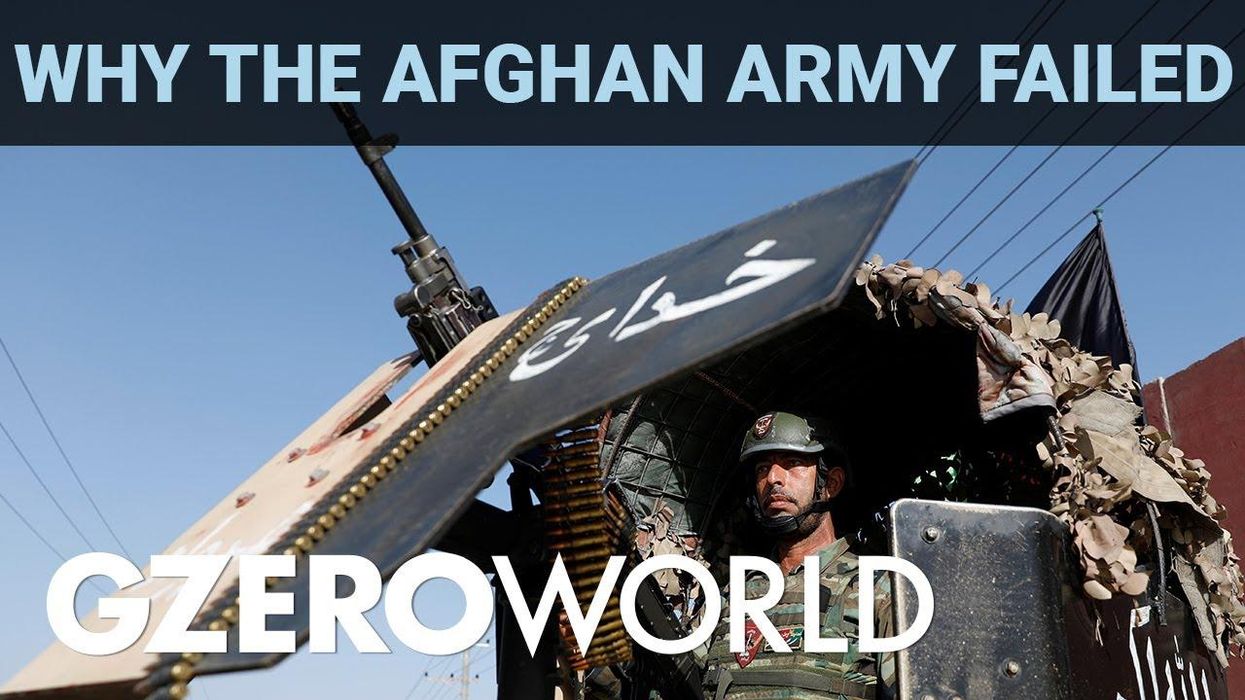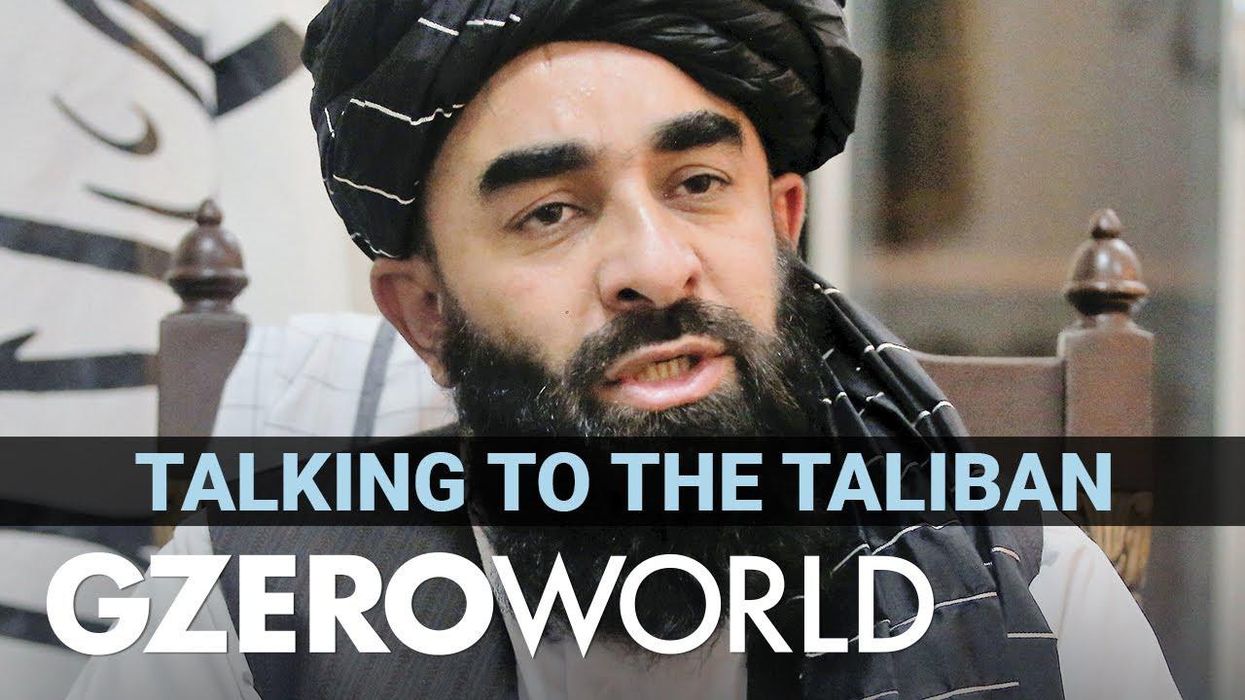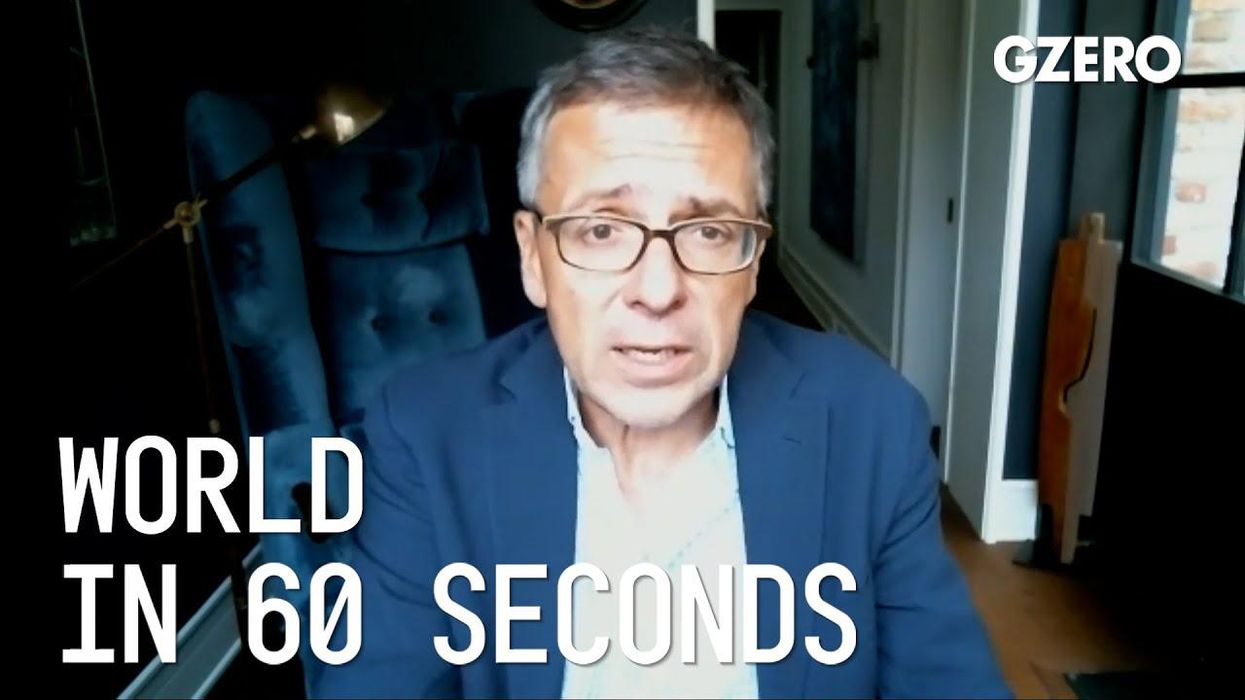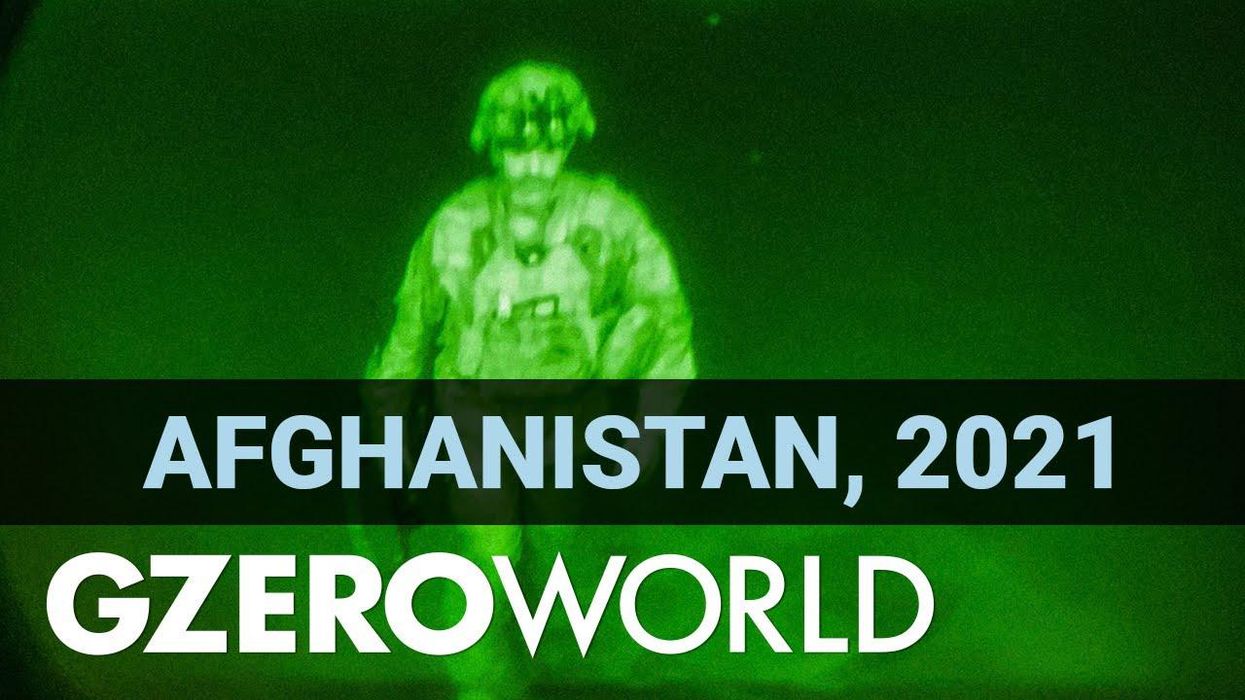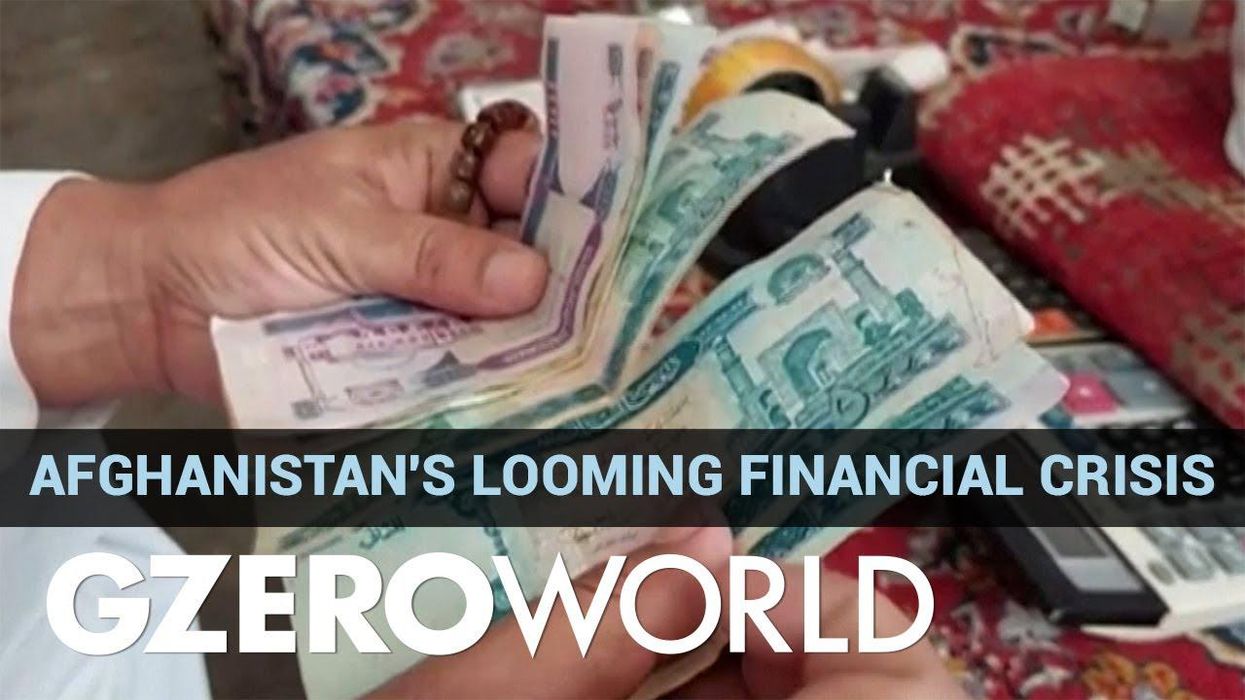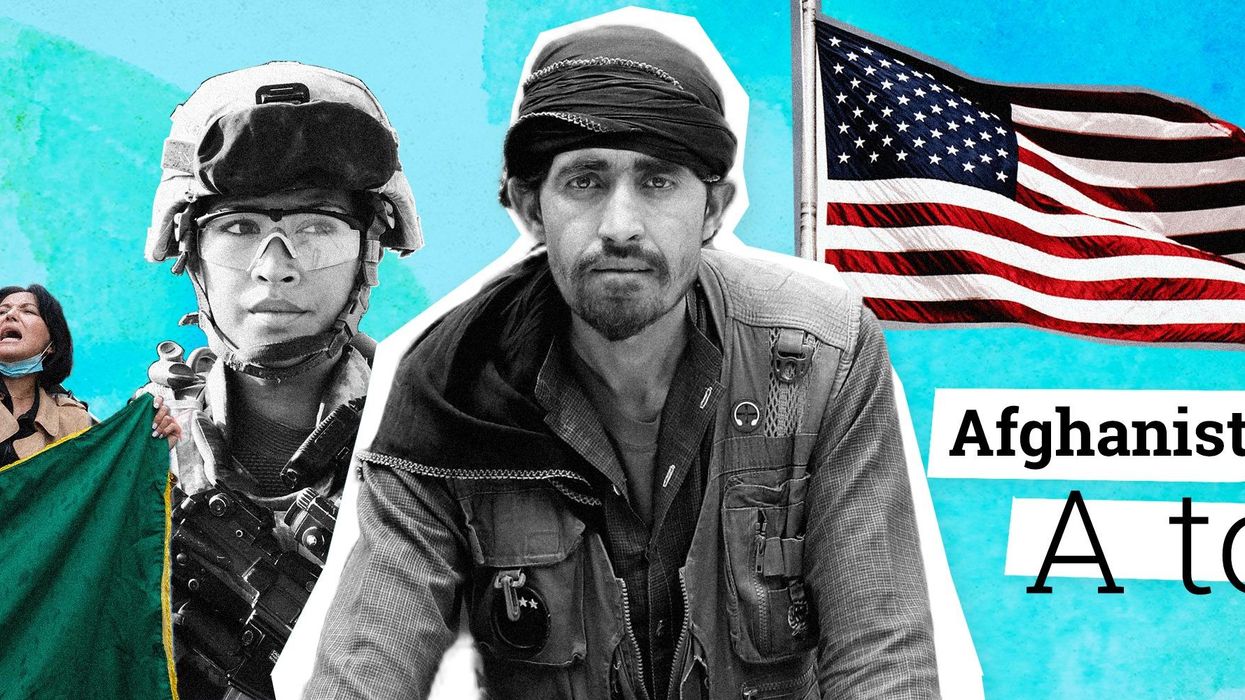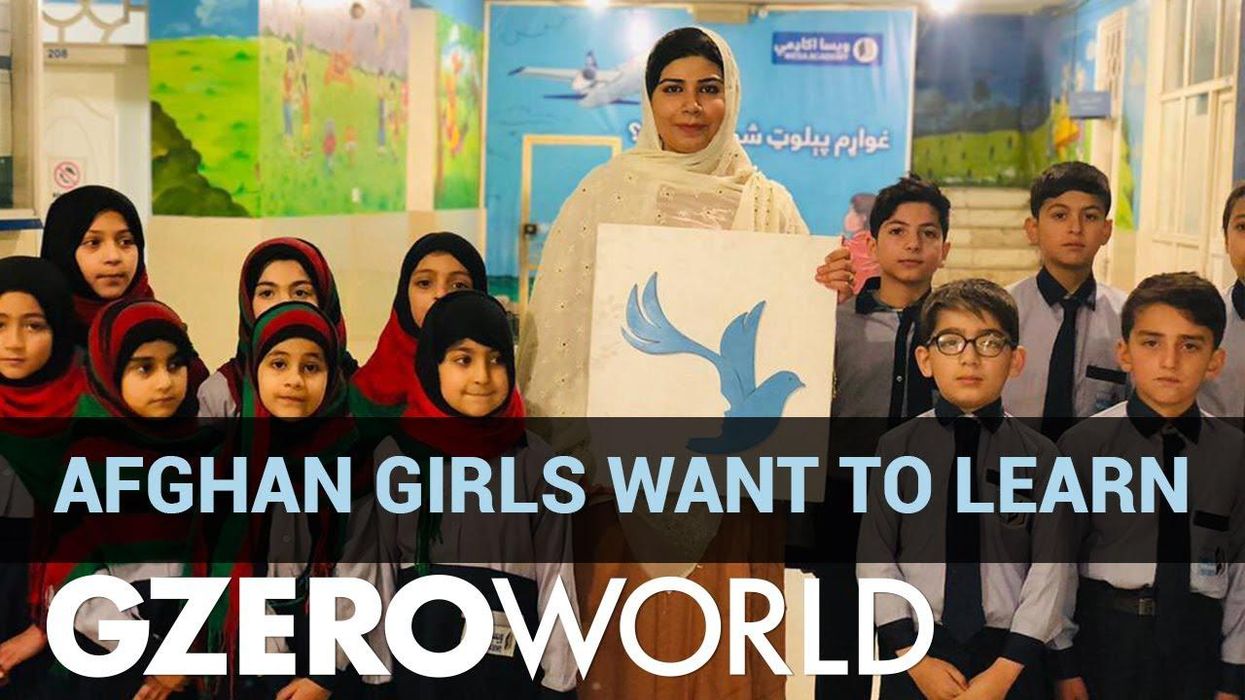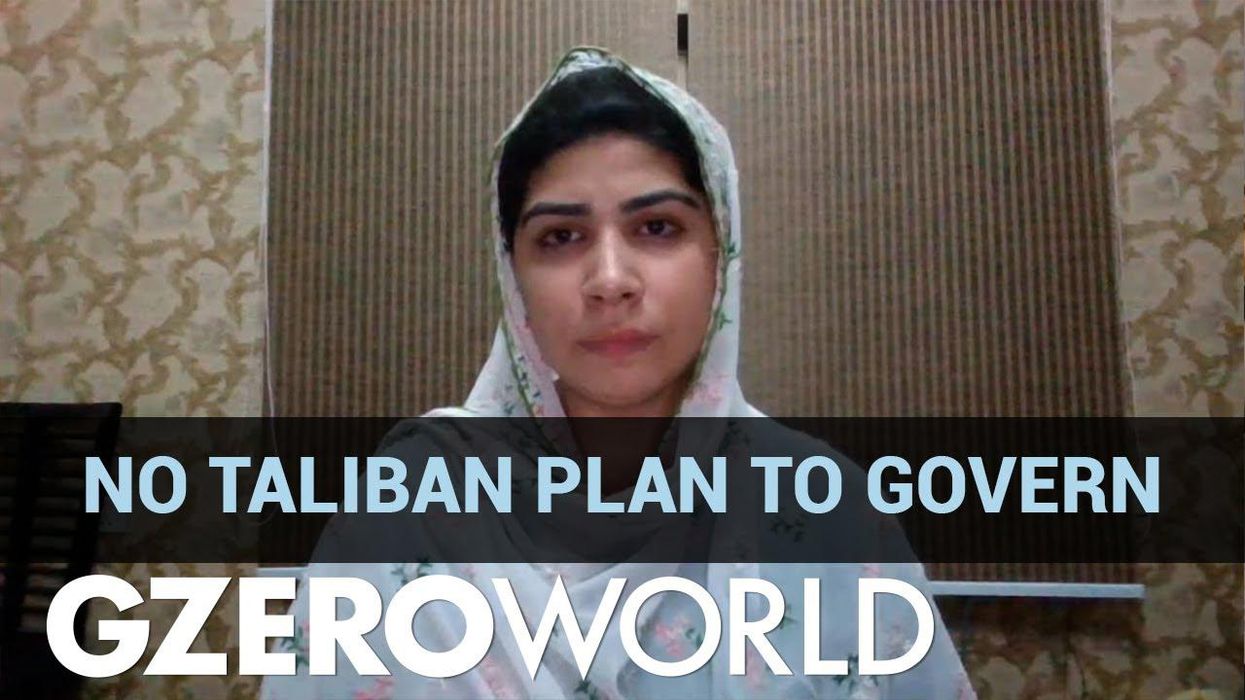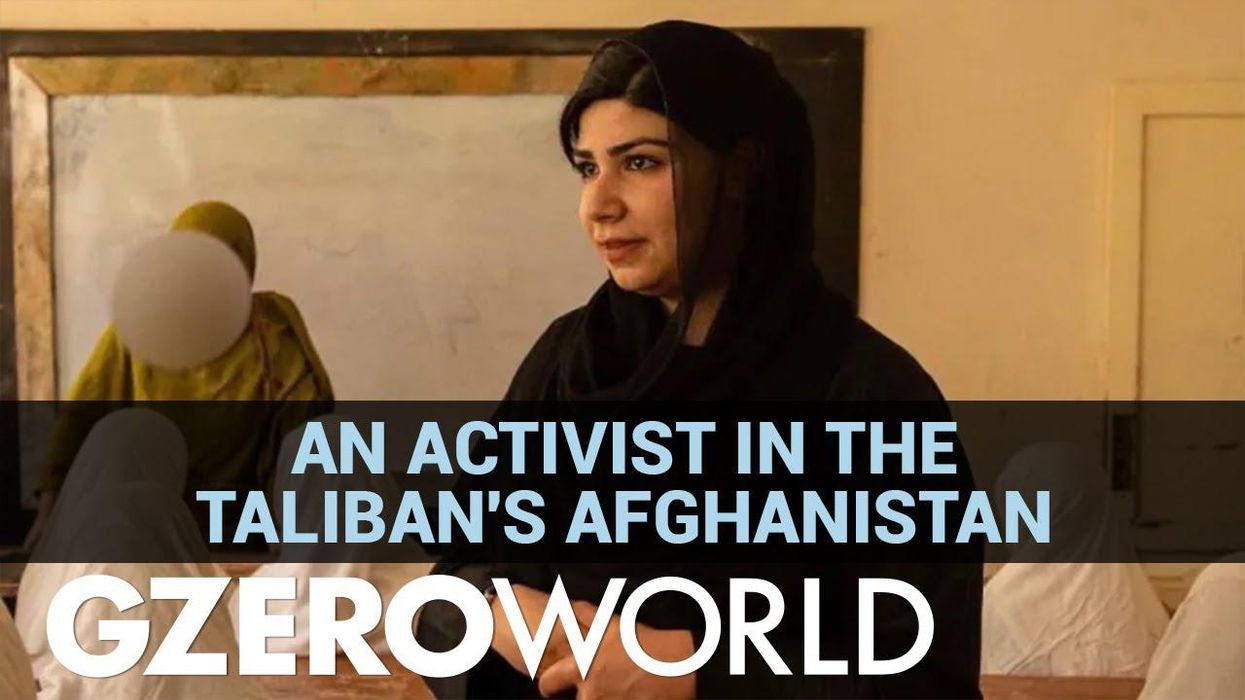GZERO World Clips
US Afghanistan withdrawal: a “digital Dunkirk”
Could the US have done a better job at getting out of Afghanistan? Certainly, says former US marine and CIA officer Elliot Ackerman, who recalls how calls for an evacuation plan fell on deaf ears in the Pentagon and the White House. The problem, he tells Ian Bremmer on GZERO World, is that America thought it'd have a bit of time before the Taliban took over. That was the wrong call.
Aug 31, 2022
